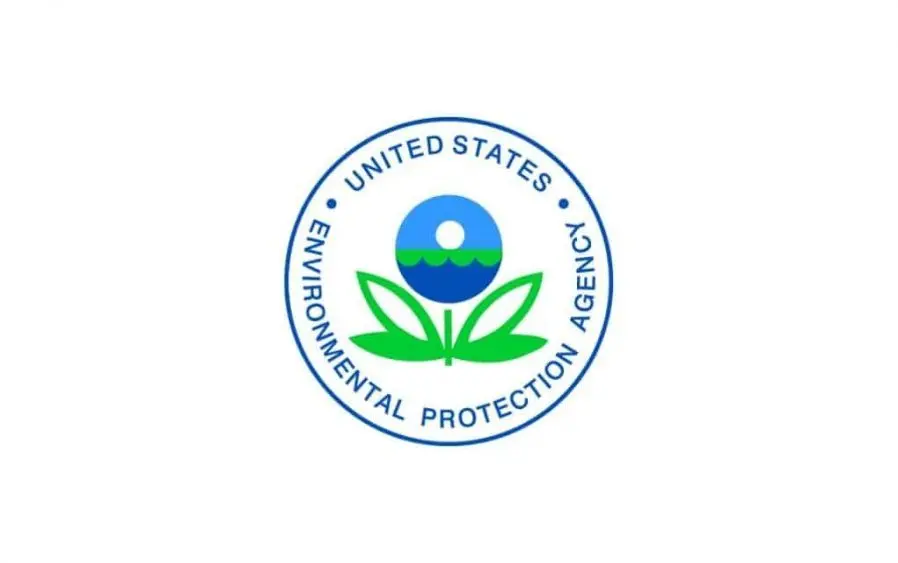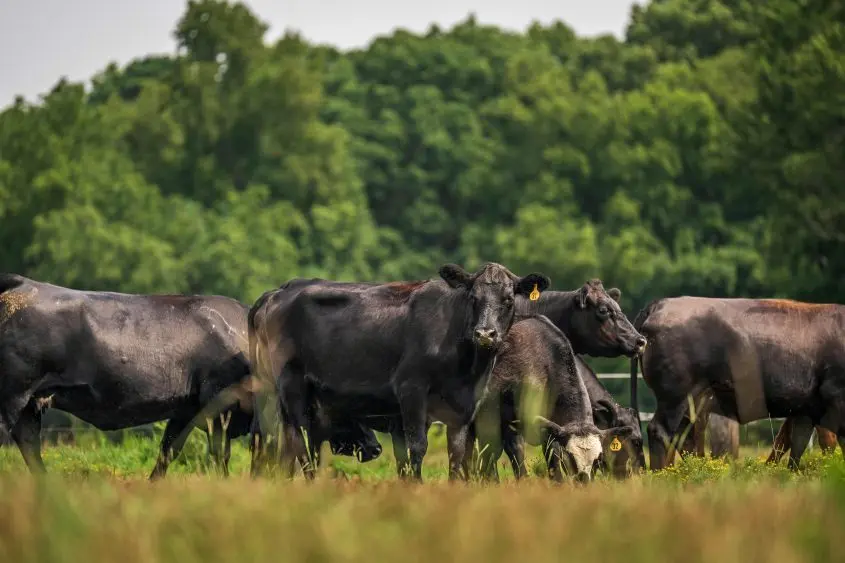Tyson Foods and Cargill have agreed to pay a combined $87.5 million to settle a long-running beef price-fixing lawsuit, marking a major milestone in one of the nation’s most significant antitrust cases in the meatpacking industry. The class-action suit, first filed in 2019, accused the four largest U.S. beef processors of conspiring to manipulate cattle supplies and inflate beef prices for consumers.
According to court filings this week in the U.S. District Court for Minnesota, Tyson will pay $55 million and Cargill $32.5 million in monetary relief. Both companies also agreed to cooperate with plaintiffs as litigation continues against the remaining defendants, JBS and National Beef Packing. Neither Tyson nor Cargill admitted wrongdoing as part of the settlement, saying that resolving the case now allows them to move forward and avoid prolonged legal costs.
The case was brought by Consumer Indirect Purchaser plaintiffs—individuals across 26 states and Washington, D.C.—who claim they paid artificially high prices for beef products purchased from major retailers like Walmart, Costco, and Sam’s Club between August 2014 and December 2019. State laws in those jurisdictions allow indirect purchasers to seek damages for price manipulation even when they didn’t buy directly from the alleged conspirators.
At the center of the lawsuit is the accusation that Tyson, Cargill, JBS, and National Beef—who together control roughly 80 percent of U.S. beef production—shared confidential pricing data and limited slaughter volumes to boost profits. Plaintiffs argue this reduced competition in the market, harming both cattle producers and consumers.
The settlement comes amid a shifting federal approach to antitrust and agriculture policy under President Donald Trump’s administration. Earlier this year, Trump revoked the Biden-era Executive Order on Promoting Competition in the American Economy, a sweeping policy that had directed agencies to aggressively monitor corporate consolidation across industries, including food and agriculture.
The White House described the revocation as part of a broader effort to “modernize” federal competition policy and reduce regulatory burdens. At the same time, the Department of Justice announced the formation of an Anticompetitive Regulations Task Force aimed at reviewing rules that could stifle innovation or fair market participation.
Agriculture Secretary Brooke Rollins has indicated that USDA remains attentive to market transparency and fairness issues in livestock and meat processing. While no new antitrust initiatives specific to beef have been launched, Rollins said her department “continues to evaluate competitive conditions in U.S. agriculture” and will coordinate with the DOJ when necessary.
Trump has also suggested that tariff revenue could be used to support American farmers facing economic challenges from trade disruptions or market concentration, though no formal plan has been released. Critics say that without direct competition orders like those from the previous administration, federal oversight of large agribusiness mergers and pricing practices may weaken.
The settlement’s timing—alongside this recalibration of policy—adds a new layer of complexity to how the government and courts handle concentration in the food system. Legal analysts note that Tyson and Cargill’s cooperation could help accelerate remaining litigation against JBS and National Beef, potentially revealing more details about internal pricing communications.
If approved by the court, the settlement will provide monetary relief to eligible consumers, though distribution details are still being finalized. The case remains a key test of how far federal and state laws can reach in addressing allegations of price manipulation in highly consolidated agricultural markets.
For now, the outcome underscores how the meatpacking industry remains under legal and public scrutiny—while the Trump administration signals it intends to take a more market-driven, less regulatory approach to promoting competition in agriculture.





